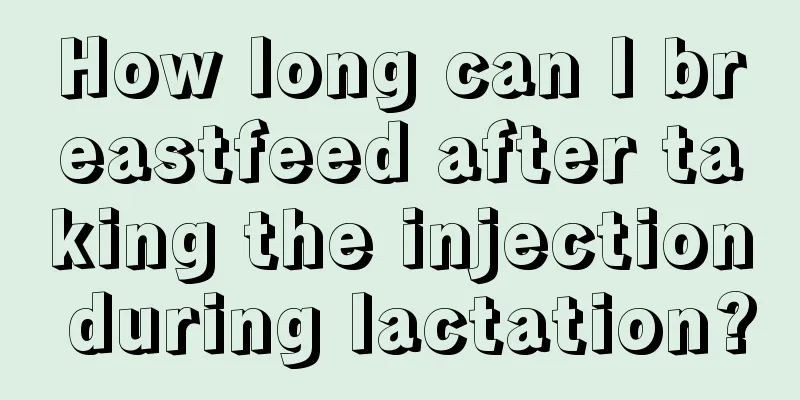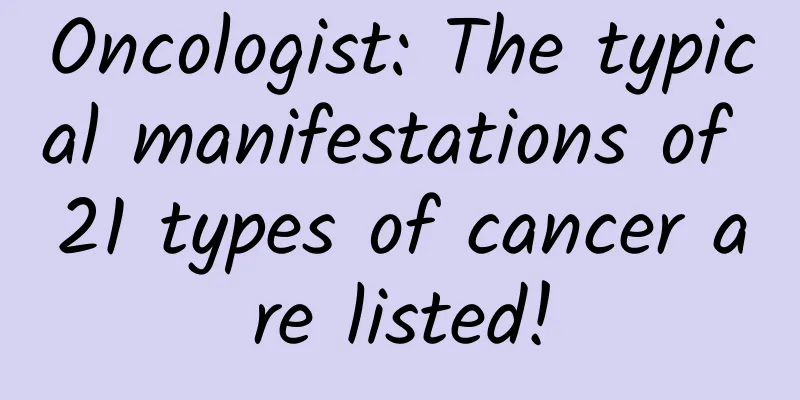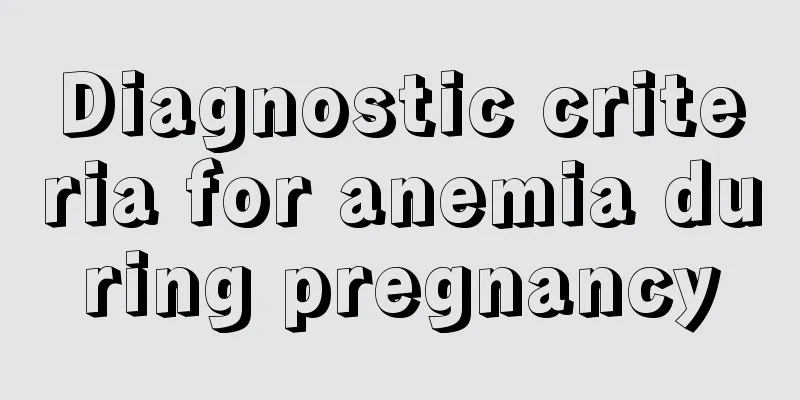How long can I breastfeed after taking the injection during lactation?

|
It is inevitable that people will be infected by bacteria and develop some diseases. This is inevitable, especially for breastfeeding mothers, whose body resistance is very poor and they are more likely to get sick. Therefore, you must pay attention to protecting your health during breastfeeding. If you have any symptoms, you should seek timely treatment. Injections are a relatively effective method that can quickly relieve the condition. So how long after an injection can you breastfeed? You should stop taking the medicine for more than 5 days after it is safe before considering breastfeeding. Mastitis refers to an acute suppurative infection of the breast. It is a common disease in the postpartum period and one of the causes of postpartum fever. It is most common in lactating women, especially primiparas. It can occur at any time during lactation but is most common at the beginning of lactation. It is recommended to go to the hospital for a routine blood test and ultrasound examination to determine the cause and then receive symptomatic treatment. Can I breastfeed if I have mastitis during lactation? 1. If a mother suffers from mastitis, the most worrying issue is whether she can continue to breastfeed her baby and whether it will affect the baby's health. Can you breastfeed if you have mastitis during lactation? If it is acute mastitis, there is no need to stop breastfeeding. When mastitis causes abscesses, the mother should stop breastfeeding on the affected breast. 2. If a mother with mastitis only has red and swollen breasts but no pus has formed, and the milk discharged looks the same as normal milk, the milk can be heated and boiled before feeding it to the baby. Because if breastfeeding is stopped, it will not only affect the baby, but the pregnant woman's milk may also accumulate. Therefore, if you feel breast pain, swelling, or even local redness of the skin, you should not stop breastfeeding, but feed your baby frequently and let the baby eat up as much breast milk as possible. 3. When local suppuration occurs in the mammary gland, breastfeeding on the affected breast should be stopped and the milk should be discharged (using common milking techniques or a breast pump). At the same time, the other healthy breast can still feed the baby. Breastfeeding should be completely stopped only when the infection is severe or the abscess needs to be drained, or when breast atrophy occurs, and measures to stop milk production should be taken under the guidance of a doctor. If a woman suffers from mastitis, she should not be too stressed. She should pay attention to taking good care of the baby to avoid her own disease affecting the baby's health. |
<<: What to supplement for severe hair loss during breastfeeding
>>: Breastfeeding for eight months and less milk
Recommend
If you use the wrong posture, you can get sick! 4 toilet movements that many people do every day
Mr. Liu, 43, has suffered from hypertension for m...
Can being busy cure mental illness? What should I do if my wife's idleness affects my marriage?
In real life, many people fall into emotional anx...
What is the disease of pain in the lower left abdomen of women
The general digestive system symptoms of sigmoidi...
What ointment is good for scrotal redness and itching
Maybe most of the time, male friends do not pay a...
Woman's labia pain
If you find that your labia is abnormal, female f...
The most common causes of female infertility are
A woman's reproductive function is very impor...
What is the difference between fish cake and fish tofu? How to make fish tofu
Some friends are very curious and want to know wh...
Let nature take its course and cure bulimia
Bulimia is a relatively common disease, which has...
Will a normal birth cause tearing?
Tearing is common during normal childbirth. Of co...
Flu ≠ Cold! Here’s how you should deal with the often-ignored flu →
Recently, the topic of influenza has been trendin...
Can we eat imported genetically modified foods?
This article was first published by Hunzhi (WeCha...
What are women’s detoxification organs? What is the function?
Many organs in the human body have certain detoxi...
Will the fetus stop growing in late pregnancy?
For pregnant women in the late stages of pregnanc...
What should I pay attention to during cervical suture surgery?
When cervical insufficiency occurs, cervical sutu...
Will eating onions reduce milk production?
Many people are very worried that onions will mak...









